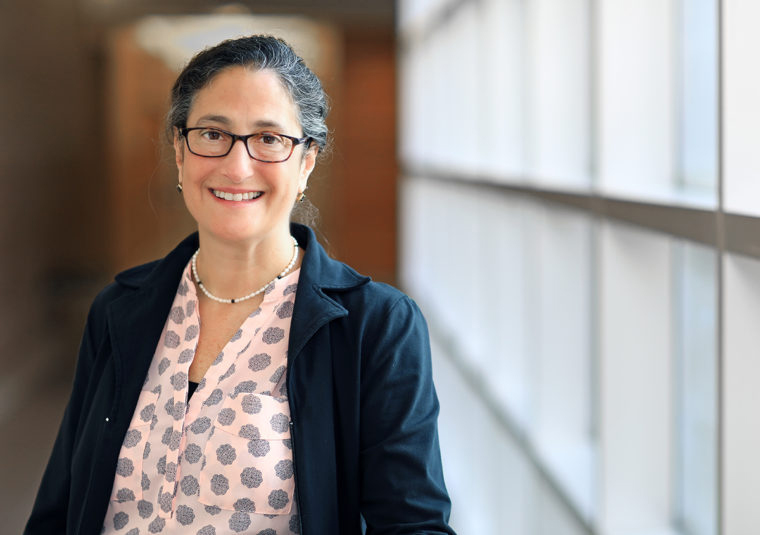Robyn S. Klein, MD, PhD
Vice Provost and Associate Dean for Graduate Education
Division of Biology and Biomedical Sciences
Director, Center for Neuroimmunology & Neuroinfectious Diseases
Professor of Medicine, Pathology & Immunology, Neuroscience
Washington University in St. Louis
Dr. Robyn S. Klein received her B.A. with honors in Biology from Barnard College, Columbia University followed by a Ph.D. in Neuroscience and an M.D. from Albert Einstein College of Medicine. She then completed her internship and residency in Internal Medicine at the Brigham & Women's Hospital, Harvard University and her clinical fellowship in Infectious Diseases at the Massachusetts General Hospital, followed by post-doctoral training in Immunology at Harvard University. Dr. Klein joined the Washington University School of Medicine (WUSM) in 2003, where she attained Professorships in the Departments of Medicine, Pathology & Immunology, and Neuroscience. She has served in the Directorship of the WUSM Medical Scientist Training Program, as President of the WUSM Academic Women Network, and continues to mentor junior faculty through the WUSM Family-Wise Mentoring Program, founded and directs the Center for Neuroimmunology and Neuroinfectious Diseases and, more recently, became Vice Provost and Associate Dean for Graduate Education, the latter of which oversees the Division of Biology & Biomedical Sciences, the largest Graduate School at Washington University. At WUSM, Dr. Klein developed a neuroimmunology basic and translational science research program focused on the pathogenesis of neuroinflammatory diseases of the central nervous system (CNS). Studies in the Klein laboratory focus on cellular and molecular mechanisms that orchestrate inflammation and define its impact on CNS function during both viral and autoimmune encephalitides via endothelial, neural, and immune cell interactions. Work over the past few years has defined novel roles for cytokines and chemokines in the regulation of blood-brain barrier permeability to arboviruses, and protective versus pathogenic leukocytes. These inflammatory cues also regulate CNS repair by neural stem cells (NSCs) in mice with viral infection or demyelinating diseases, and contribute to neurologic sequelae of viral infections such as impaired learning and memory. Aspects related to NSC-mediated repair include defining the localizing, proliferative and differentiation cues that lead to successful repair of damaged neurons and myelin. These studies have contributed to our understanding of normal CNS immune surveillance and its relationship to the wide range in inflammatory patterns observed in various neuroinflammatory diseases, and identified therapeutic targets, which is much needed in an era where there is little to offer patients with these diseases.

Wednesday, October 16, 2019
KEYNOTE ADDRESS
4:00pm | Byers Auditorium
"Changing Gender Balance at Scientific Meetings: Methods to Address Bias and Advance Women in Science and Medicine"
View this event on the UCSF Events Calendar
SCIENCE TALK
10:00am | Rock Hall Auditorium
"T cells and the Central Nervous System: Protection Versus Immunopathology"
